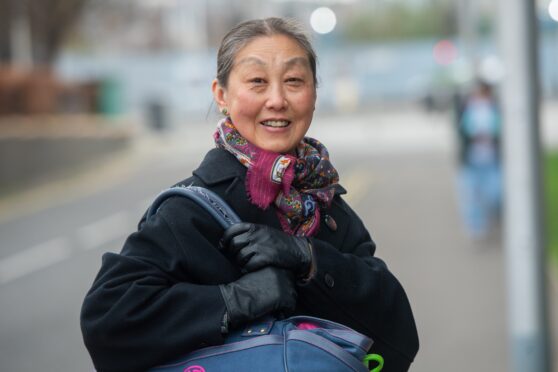Providing the facts is key to persuading parents to accept the Covid vaccine for children if offered to under-12s, says a government advisor on behavioural science.
Jabbing children aged 5 to 11 in the UK is still being considered, with only the clinically vulnerable in that age group currently eligible, but many are worried about the risks to younger kids.
Despite a poll we are conducting so far finding a majority against vaccinating children as young as five, Professor Stephen Reicher reckons parents unwilling to risk their children’s health would opt for it if properly informed.
It is vital, he said, that concerns about the Covid vaccine for children are heeded and addressed and that both the benefits and risks are explained.
Other countries, including the US, China, Germany and Spain are already vaccinating those aged 5-11 and in the UK the Medicines and Healthcare Products Regulatory has ruled the Pfizer vaccine safe for under-12s.
The Joint Committee on Vaccination and Immunisation (JCVI) – whose advice the Scottish Government relies upon – approved the roll-out to vulnerable children aged 5-11 in December and is gathering further evidence on the case for offering it to all in that age group.
Prof Reicher, a St Andrews University psychology professor and member of a Sage subcommittee advising the government, said: “Openness is the best policy, because overall the evidence is pretty clear on vaccines.
“In the States they’ve vaccinated millions [of children] without, seemingly, large side effects, and at the moment we are seeing that Omicron does seem to lead to more infections and hospitalisations in young children.”
Clearly and respectfully providing the facts would, he said, make it “almost more likely” that parents would be persuaded to take the vaccine for their children than for themselves.
He said: “As long as we explain to people ‘actually you’re safeguarding your child by the vaccine’ people are more likely to do it rather than say I’ve got the choice not to do it.
“We’ve got the choice for ourselves to take risks, we don’t feel we’ve got the right to take risks for our children.
“Well handled, in many ways you could argue it will be easier to get children vaccinated if you can show the evidence to the people.”
Some adults who declined the vaccine did so, he said, to prove their autonomy and exercise their right to choose.
He said: “I think that argument is less likely to be one you’re going to use for your children precisely because ‘I can take a risk for myself but I’m not going to take one for my child’.
“Trust is critical and the critical aspect of building trust is treating people with respect rather than as fools.
“If you have a question it doesn’t make you vaccine hesitant. In fact it would be odd not to have questions if your children are being vaccinated.
“Well handled, I don’t think there’s any reason why it’s going to be more difficult than it is for a whole host of other vaccinations.”
According to a University of Fribourg study a key argument for vaccinating healthy children is to protect against long-term health consequences. Reducing community transmission in schools can also help prevent new variants emerging.
There have been rare cases of myocarditis (heart muscle inflammation) and pericarditis (inflammation of the lining outside the heart) after the Pfizer and Moderna vaccines, but these are much more common complications of having Covid-19 than getting vaccinated.










